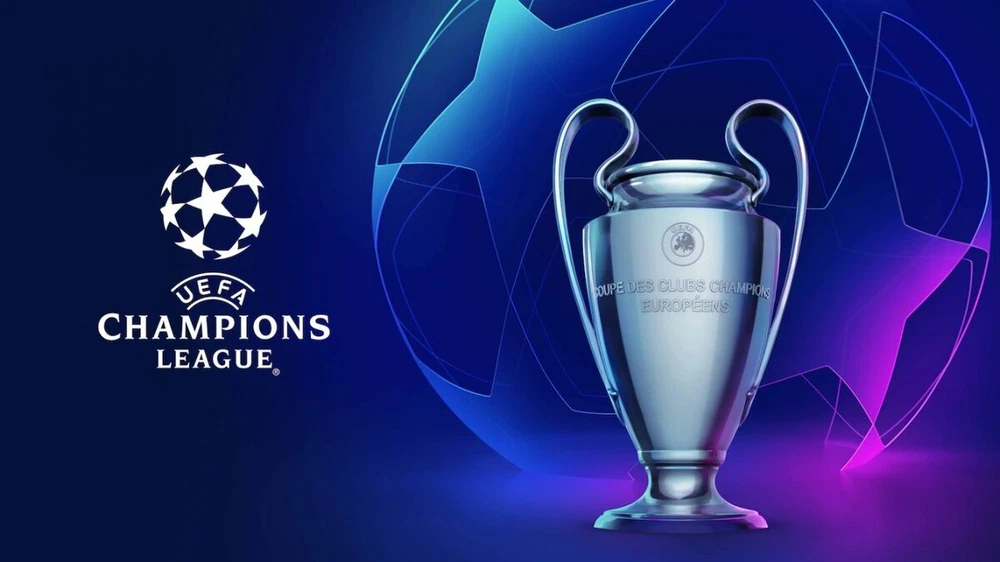
The UEFA Champions League (UCL) has long been considered the pinnacle of club football, captivating fans worldwide with its thrilling matches and iconic moments. However, the announcement of a new competition format starting in the 2024/2025 season has stirred considerable debate among fans, players, and pundits alike.
The New UCL Format: What Has Changed?
The 2024/2025 UCL introduces a radical shift in structure, moving away from the traditional group stage format. Key changes include:
- Single League Stage:
- The new format replaces eight groups of four teams with a single league comprising 36 clubs.
- Each team will play eight matches against different opponents, chosen through a seeding system.
- Expanded Participation:
- Four additional teams will qualify for the competition, increasing the total from 32 to 36.
- This aims to provide more opportunities for clubs from smaller leagues.
- Knockout Qualification:
- The top eight teams from the league stage automatically advance to the Round of 16.
- Teams ranked 9th to 24th will compete in a playoff round to secure their place in the knockout stage.
Why the Controversy?
The revamped format has generated both praise and criticism.
1. Increased Matchload
- Proponents: More matches mean increased revenue for clubs and broadcasters, benefiting the sport’s economy.
- Critics: Players face greater physical strain, leading to fatigue and potential injuries. Clubs with smaller squads may struggle to compete.
2. Competitive Balance
- Proponents: The new format introduces diversity in matchups, avoiding repetitive group-stage fixtures.
- Critics: Critics argue it benefits wealthier clubs, potentially widening the gap between elite teams and others.
3. Scheduling Challenges
- The expanded schedule creates potential conflicts with domestic leagues and cup competitions. Balancing fixtures may prove challenging for clubs competing on multiple fronts.
Players and Coaches Weigh In
Several high-profile players and managers have shared their opinions on the changes:
- Pep Guardiola emphasized the need for a balance between innovation and player welfare, cautioning against overburdening squads.
- Thomas Tuchel highlighted the potential for exciting new matchups but expressed concerns about the packed calendar.
Fan Reactions
The reaction among fans has been mixed, with opinions largely divided along these lines:
- Positive Reception: Some fans welcome the increased variety of fixtures and the opportunity to see more top-tier matches.
- Negative Feedback: Traditionalists lament the loss of the familiar group-stage format, arguing it diminishes the competition’s identity.
Financial Implications
UEFA and participating clubs stand to gain financially from the new format due to:
- Increased broadcasting rights revenue from the additional matches.
- Expanded market appeal through more diverse matchups.
- Greater opportunities for sponsorship deals.
However, smaller clubs may face higher travel and logistical costs, potentially offsetting their earnings.
Historical Context
This isn’t the first time UEFA has altered the UCL format. Key changes over the years include:
- The introduction of group stages in 1991/1992.
- Expansion from 16 to 32 teams in the early 2000s.
- Adjustments to seeding and qualification processes in subsequent years.
The 2024/2025 revision marks one of the most significant overhauls since the competition’s inception.
Can the New Format Win Fans Over?
While initial reactions to the new UCL format have been polarizing, history suggests fans may gradually accept the changes, particularly if the revised competition delivers excitement and drama on the pitch. The success of the format will ultimately depend on its ability to balance commercial goals with the integrity of the sport.
For fans eager to stay informed about the latest developments in the UEFA Champions League, including insights into the new format and its impact on their favorite teams, visit JW8. Join the conversation, share your opinions, and keep supporting the beautiful game!